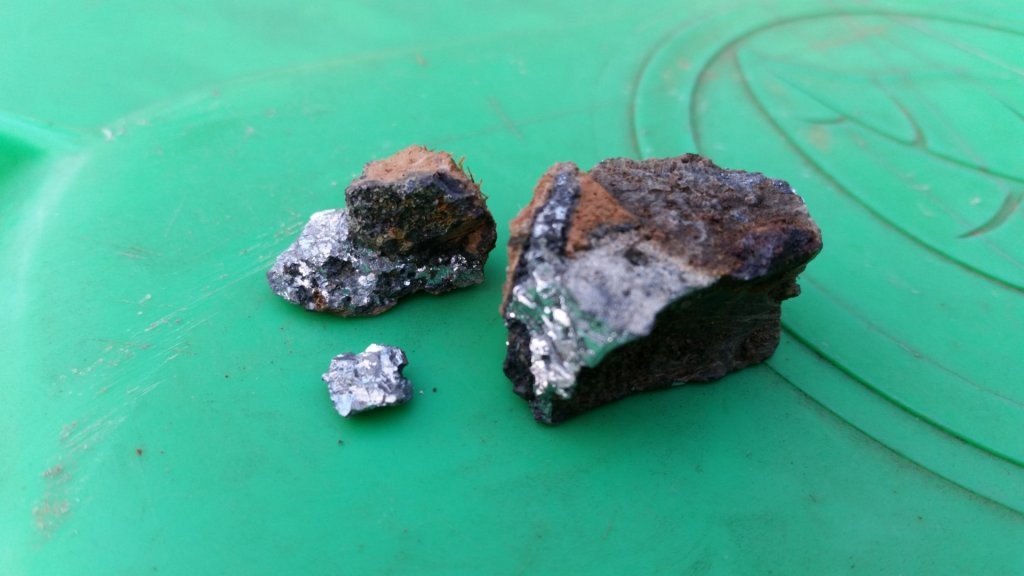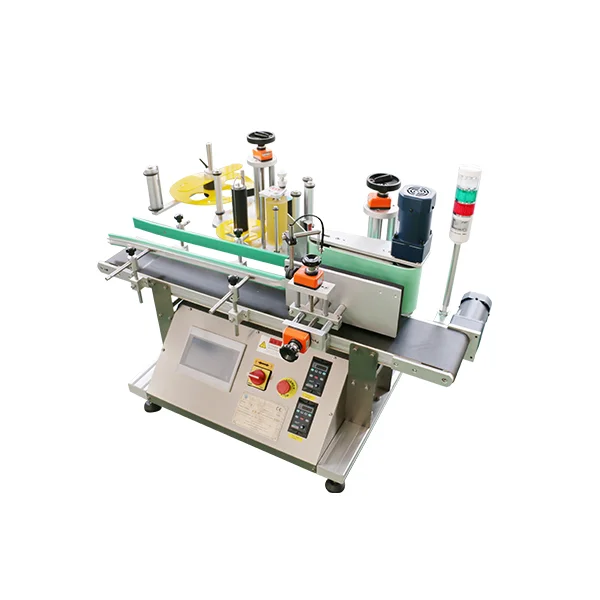
Metallic minerals are a crucial component of modern society, as they are used in a wide range of industries, including construction, electronics, and transportation. But how many types of metallic minerals are there? In this article, we will explore the various types of metallic minerals and their uses.
- Ferrous Metals
Ferrous metals are metals that contain iron. They are used in a wide range of applications, including construction, transportation, and manufacturing. Some common examples of ferrous metals include steel, cast iron, and wrought iron.
- Non-Ferrous Metals
Non-ferrous metals are metals that do not contain iron. They are used in a wide range of applications, including electronics, aerospace, and construction. Some common examples of non-ferrous metals include copper, aluminum, and zinc.
- Precious Metals
Precious metals are rare and valuable metals that are used in a wide range of applications, including jewelry, electronics, and currency. Some common examples of precious metals include gold, silver, and platinum.
- Base Metals
Base metals are common metals that are used in a wide range of applications, including construction, transportation, and manufacturing. Some common examples of base metals include copper, zinc, and nickel.
- Rare Earth Metals
Rare earth metals are a group of 17 elements that are used in a wide range of applications, including electronics, magnets, and batteries. Some common examples of rare earth metals include cerium, neodymium, and yttrium.
In conclusion, there are five main types of metallic minerals: ferrous metals, non-ferrous metals, precious metals, base metals, and rare earth metals. Each type of metallic mineral has its own unique properties and uses, making them an essential component of modern society.



